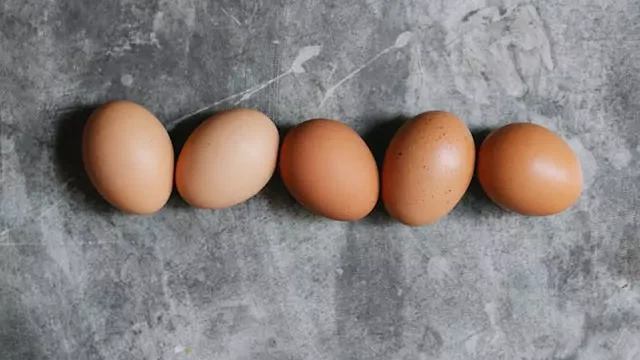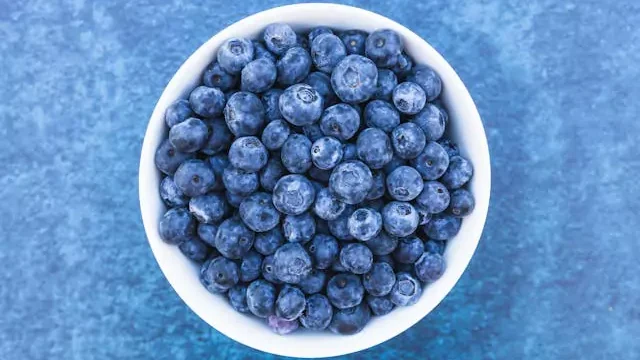When it comes to health and fitness, many people tend to overlook the humble potato. Often relegated to the side dish category, potatoes are actually a nutritional powerhouse that can provide a wealth of benefits for your overall well-being.
This article dives deep into the world of potatoes, exploring their impressive nutrient profile, their impact on fitness performance, and their contributions to a healthy lifestyle. Whether you’re a fitness enthusiast or simply looking to improve your diet, this comprehensive guide will shed light on the reasons why potatoes deserve a starring role on your plate.

Beyond Carbs: A Look at Potato Nutrition
Potatoes are often demonized for their carbohydrate content. However, carbohydrates are an essential source of energy for the body, and potatoes provide them in a complex form. This means they are digested slowly, leading to sustained energy levels and improved satiety.
But potatoes are much more than just carbs. They are a good source of several key vitamins and minerals, including:
- Potassium: A crucial mineral for maintaining healthy blood pressure and heart function.
- Vitamin C: An antioxidant that supports immune function and collagen production.
- Vitamin B6: Plays a role in energy metabolism and brain function.
- Fiber: Promotes gut health and digestive regularity.
- Folate: Essential for cell growth and development, particularly important during pregnancy.
Related: Benefits of Omega 3 in Your Diet and Fitness

In addition to these core nutrients, potatoes also contain various antioxidants and phytonutrients that can help protect against chronic diseases.
Fueling Your Fitness with Potatoes
For athletes and fitness enthusiasts, carbohydrates are a critical component of a pre-workout and post-workout meal plan. Potatoes provide a readily available source of complex carbohydrates that can help:
- Enhance Endurance: The sustained energy release from potatoes can fuel your workouts for longer durations, allowing you to push your limits.
- Replenish Glycogen Stores: Glycogen is the primary source of energy for muscles. Potatoes help replenish glycogen stores depleted during exercise, promoting faster recovery.
- Improve Muscle Function: Potassium in potatoes helps maintain proper muscle function and prevent cramps during exercise.
Beyond the Gym: Health Benefits of Potatoes
The benefits of potatoes extend far beyond the realm of fitness. Here’s a closer look at how incorporating potatoes into your diet can contribute to overall health:
- Heart Health: The potassium content in potatoes can help regulate blood pressure, reducing the risk of heart disease.
- Blood Sugar Control: Resistant starch, a type of fiber found in potatoes, can improve insulin sensitivity and blood sugar management.
- Digestive Health: The fiber in potatoes promotes gut health by supporting the growth of beneficial bacteria and aiding in digestion.
- Weight Management: Potatoes are naturally filling due to their fiber content, which can help control appetite and promote weight management efforts.
Optimizing Potato Consumption for Maximum Benefit
While potatoes offer a multitude of health benefits, it’s important to consider how you prepare them to maximize their nutritional value. Here are some tips:
- Choose the right cooking method: Baking, boiling, and steaming are healthier options compared to frying, which adds unhealthy fats and calories.
- Don’t ditch the skin: The potato skin is packed with nutrients, so be sure to leave it on whenever possible.
- Go easy on the toppings: While loaded potatoes can be delicious, they can also be high in calories and unhealthy fats. Opt for healthier toppings like salsa, Greek yogurt, or avocado.
- Cool them down: Cooking potatoes and then letting them cool before reheating increases the resistant starch content, which offers additional health benefits.
FAQs
Are potatoes bad for diabetics?
Potatoes can be part of a healthy diabetic diet when consumed in moderation and paired with other healthy foods. Opt for baked or boiled potatoes with the skin on and limit high-glycemic toppings.
Do potatoes cause weight gain?
Potatoes themselves are not inherently fattening. However, the way you prepare them can significantly impact their calorie content. Focus on healthy cooking methods and avoid adding excessive amounts of butter, sour cream, or cheese.
Are sweet potatoes healthier than regular potatoes?
Both sweet potatoes and regular potatoes offer a variety of nutrients. Sweet potatoes are generally higher in vitamin A, while regular potatoes are a better source of potassium. Ultimately, both can be healthy additions to your diet.
How many potatoes can I eat per day?
There’s no one-size-fits-all answer to this question. It depends on your individual calorie needs




